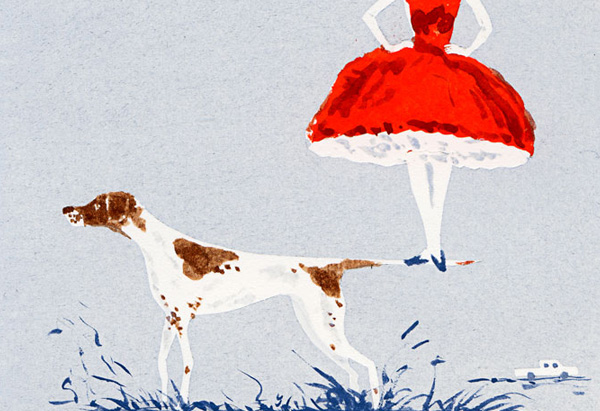
Your Pet's Incredible Animal Instincts
Yet if we've evolved away from observing the world the way animals do, we're able to borrow their fascinating abilities. Seizure-alert dogs can sense telltale changes in the way their owners look, act, and even smell, then issue a warning by whining, pawing, or licking. Guide horses are miniature breeds that work in sync with their blind owners, thanks to their herding instincts and ability to intuit subtle shifts in body language. Service animals even help with psychiatric disorders. You may have heard of Sadie, an African Grey parrot who travels in a special backpack her bipolar owner wears. When she senses he's getting upset—long before he realizes it himself—she talks to calm him down. Which gives new meaning to the term birdbrained.
Annie Murphy Paul's latest book is Origins: How the Nine Months Before Birth Shape the Rest of Our Lives (Free Press).
More on Understanding Intuition
From the August 2011 issue of O, The Oprah Magazine.











